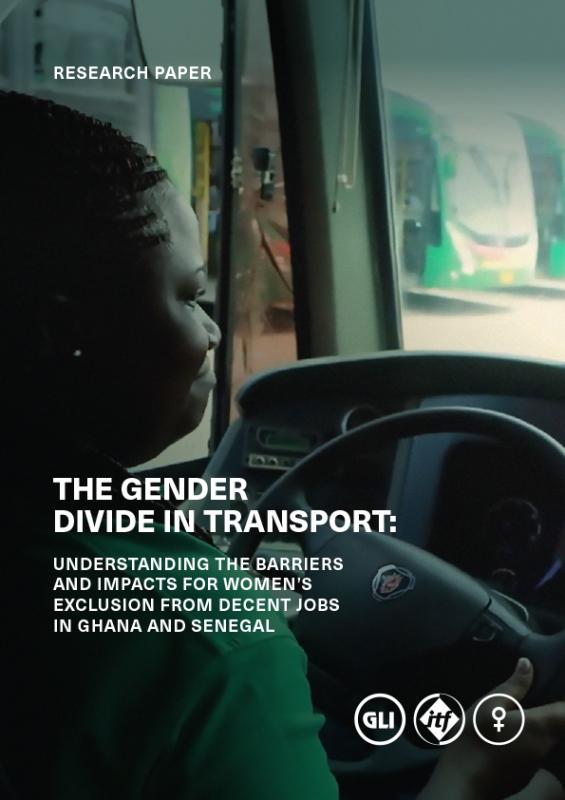With adequate and appropriate provision of personal protection equipment and sanitation facilities, and specific protections against violence and harassment in the workplace.
With an end to disguised employment relationships.
That enforces ILO Fundamental Principles and Rights at Work, including gender rights, freedom of association and collective bargaining. These rights should be embodied in the algorithms themselves.
This is regardless of employment status, with negotiated cost recovery formulas for fairly classified self-employed workers. Workers must be paid on time, and should receive tips in full at the moment they are paid.
In the case where workers in the gig economy have their work conditioned and controlled by software and data. Named individuals should be responsible for the software and its impacts on workers.
Flexibility should not come at the cost of decent working conditions. Deactivations from the app should follow a fair process in which appeals are heard. Contracts should specify rights to data, and changes to working conditions should be consulted and negotiated. Workers ratings should be portable across apps.
Workers produce data that is then used to control their work, so they have the right to know what data is collected, what it is used for, where it is stored, and how the software built on it works. They should enjoy free access to all the data collected on them during working time, in recognition that it is their data since they created it.
Platforms must ensure that their algorithms and digital processes are tested so that gender biases against women in relation to pay, safety and other issues can be eliminated.
This includes healthcare, pensions and other forms of social security and insurance protection.
Social protections are paid by the state, but can only be paid for if companies adopt responsible business practices, such as paying their share of taxes.




